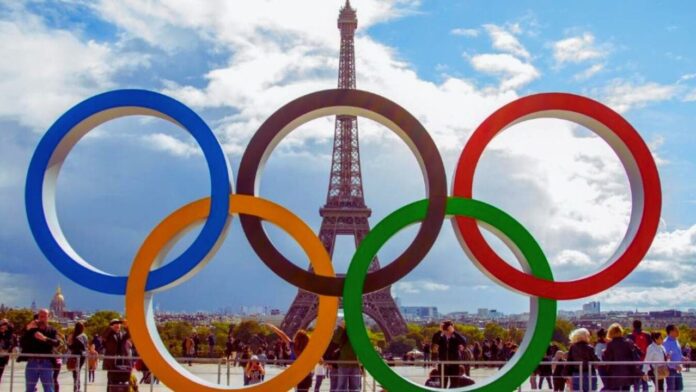The organizers of the upcoming Paris 2024 Olympic and Paralympic Games have established sweeping sustainability goals across numerous domains, including transport, energy, infrastructure, and more. Their aim is to cut greenhouse gas emissions by around half compared to recent Summer Games installations such as London 2012 and Rio 2016.
Specifically, the Paris 2024 emissions target is 1.58 million tons of CO2, less than half that seen at the most recent counterparts. This would be achieved in large part by the proximity of venues, with most no more than 10 kilometers apart, so nearly all athletes can reach their sites within 30 minutes by public transport. Over 95% of competition venues already existed prior to the host city selection, avoiding massive new construction. The Athletes’ Village construction also used low-emission materials and methods.
During the actual events, the focus will be on renewable wind, solar and geothermal energy to power the Games. Sustainability measures also encompass sustainable local catering, waste and food waste reduction, minimizing single-use plastics with refillable bottles and fountains, and plans to offset any remaining emissions via large-scale reforestation initiatives planted locally.
However, alongside these ambitious environmental and logistical sustainability plans, growing criticisms and concerns have also emerged from multiple stakeholders.
Some local Paris residents doubt the Games will provide any direct benefit, instead worsening congestion, noise and air pollution—already pressing issues in the densely packed city. The new housing units constructed are also considered unaffordable by many locals, doing little to combat the capital’s housing shortage.
Athletes have additionally questioned the decision to forego air conditioning in the Olympic Village itself, citing worries that Parisian summer heat waves could render lodging unsafe at extreme temperatures.
Civil rights campaigners also strongly condemn expansive video surveillance and restrictions on individual movement to enhance security during the Games, which they argue infringe on privacy rights and peaceful assembly. The possibility of deploying facial recognition technologies has drawn particular pushbacks.
Likewise, the slated subway fare hikes for visitors have been deemed unfair financial burdens amid already strained public transit budgets. And ecologists maintain that an event of this unprecedented scale will inherently boost greenhouse emissions from construction, travel, the gathering of millions, and general activity, likely dwarfing any sustainability gains on paper.
As Paris 2024 approaches, organizers are hoping to address these criticisms and concerns to deliver on an Olympic spectacle that lives up to lofty sustainability ideals while avoiding public relations quagmires. But with under 18 months until the opening ceremony, dissatisfaction continues to mount across numerous domains.














![Technical Aspects of 844 Area Code in 2024 [Detail Guide] 844 Area Code](https://articleify.com/wp-content/uploads/2024/01/844-Area-Code-150x150.jpg)














